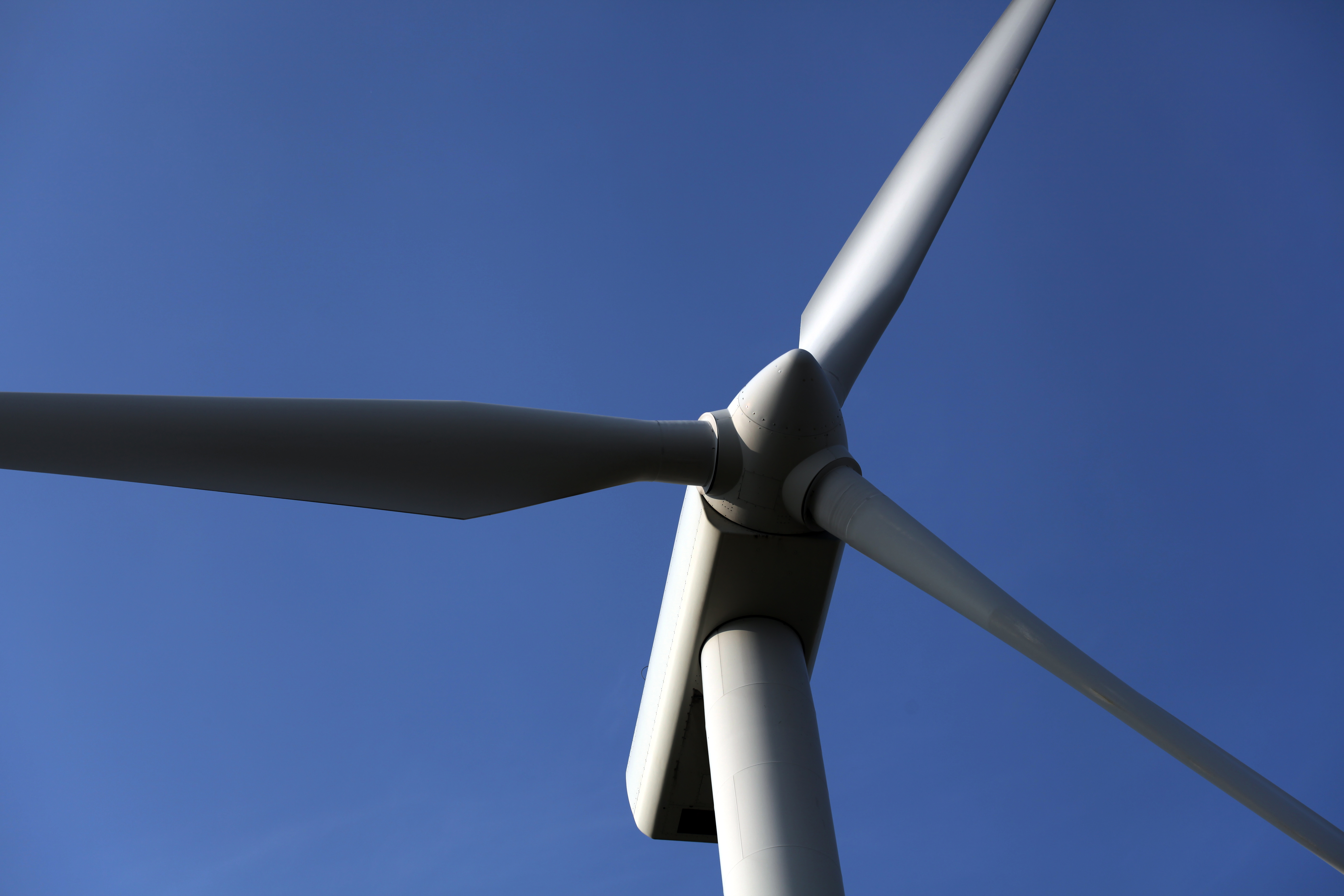Pressemeddelelse fra Energi- Forsynings- og Klimaministeriet:
Energi-, forsynings- og klimaminister Lars Chr. Lilleholdt underskriver i dag en ny samarbejdsaftale med Californiens energikommissær, Karen Douglas. Danmark skal hjælpe den store amerikanske delstat med at opbygge en havvindssektor gennem bl.a. assistance fra Energistyrelsens eksperter.
Californien, der er verdens sjette største økonomi, har høje ambitioner på klimaet og den grønne omstilling. Californien vil bruge de danske erfaringer med havvind til at indfri delstatens ambitiøse målsætninger.
Californiens høje ambitioner for at udbygge vedvarende energi ventes at øge efterspørgslen på grønne løsninger betydeligt over de næste årtier. Delstaten er en af de førende i USA, når det gælder landvind, men har endnu ikke bygget havvindmølleparker. Danmark er verdens førende inden for netop havvindenergi, og derfor kan samarbejdet være med til at bane vejen for endnu et eksporteventyr
”Jeg er meget glad for at indgå samarbejde med Californien, som jeg håber både vil modvirke klimaforandringerne og styrke Danmarks energieksport. Danmarks kompetencer inden for havvind er helt unikke, og vi oplever en meget stærk efterspørgsel på at lære af vores erfaringer. Californiens størrelse og ambitioner for udbygningen af vedvarende energi gør det til et meget spændende marked,” siger energi-, forsynings- og klimaminister Lars Chr. Lilleholt.
Karen Douglas, der er udpeget af Californiens guvernør Edmund Brown, arbejder sammen med andre myndigheder i delstaten og den føderale regering for at udvikle havvindmølleparker ud for Californiens kyst. Det er særligt bekymring for klimaforandringerne, som er drivende for delstatens interesse i Danmarks erfaring med at udvikle havvindmølleparker.
”Som hjemsted for verdens først havvindmøllepark og med mere end 25 års erfaring er Danmark helt i front, når det gælder udviklingen af en stærk kilde til vedvarende og CO2-fri energi. Jeg er derfor meget glad for, at vi i dag har underskrevet en samarbejdsaftale med den danske regering, som vil give os mulighed for at trække på Danmarks enorme ekspertise og erfaringer på området,” siger energikommissær Karen Douglas.
Fakta om Californien og deres energidagsorden
- USA er Danmarks tredjestørste eksportmarked for energiteknologi.
- Hvis Californien var et land, ville det være verdens sjette største økonomi (foran bl.a. Frankrig, Indien og Brasilien).
- Delstatens Guvernør Edmund Brown er medstifter af organisationen ”America’s Pledge”, der arbejder for at en række byer og delstater indfrier USA's klimamål fra Parisaftalen.
- Californien har sat som mål, at 33 procent af delstatens elektricitet skal genereres af vedvarende energi i 2020 og 50 procent i 2050.
- Pt. produceres 30 procent af elektriciteten i Californien af vedvarende energikilder, og der forventes på den baggrund en stor vækst i udbygningen af bl.a. sol og vindenergi.
Kontakt
Pressechef Jesper Caruso, 4172 9184, jesca@efkm.dk
Morten Svendstorp, chefkonsulent i Internationalt Kontor, 41723883.
